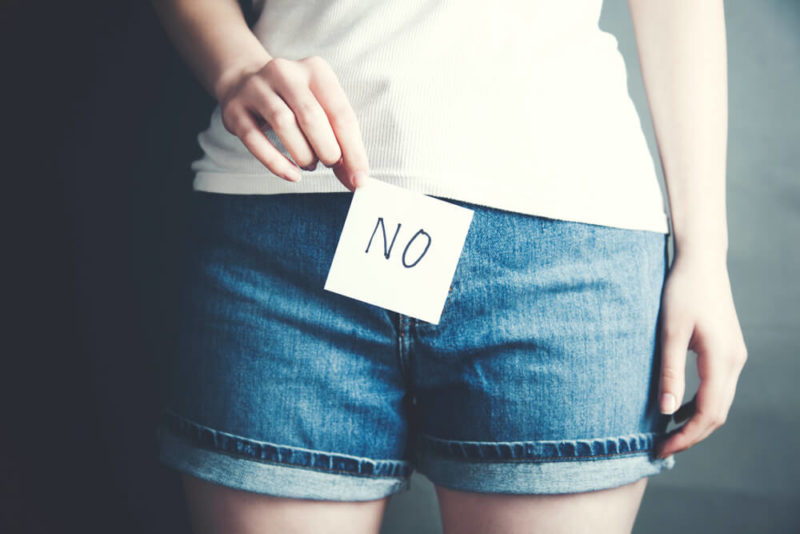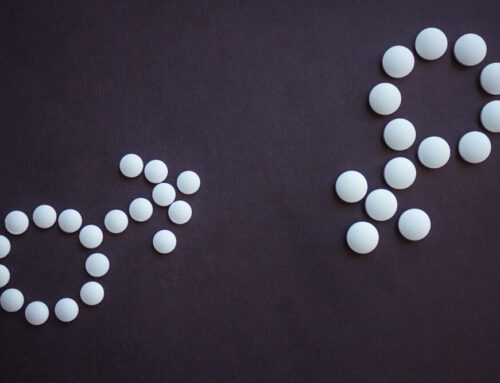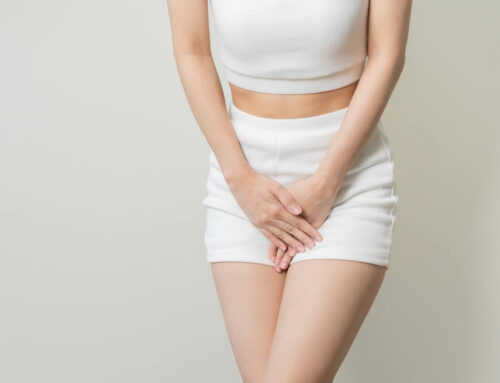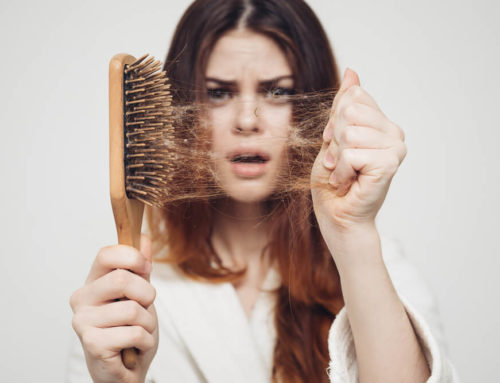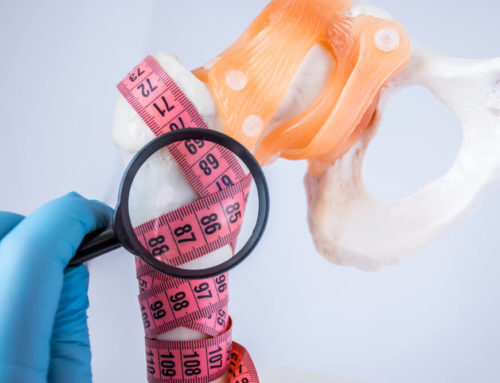Experiencing constant issues with sexual arousal, desire, and orgasm, or even feeling pain during sexual intercourse all point to sexual dysfunction. It’s not uncommon for women to have some problem with sexual function at one point, but some women could continue to struggle with it long-term. Women could experience sexual dysfunction at all life stages, regardless of their age. These sexual disorders could be connected to specific sexual situations or occur in every single one.
It’s important to mention that female sexual arousal depends on many different factors such as emotions, physiology, relationships, and lifestyle. When something throws off balance, just one aspect of it, the entire sexual experience could suffer. This is why the treatment typically focuses on several different approaches.
Female Sexual Arousal Disorder Symptoms
Considering that there are different kinds of sexual disorders, the symptoms might vary as well:
- Lack of sexual interest and desire when there’s no willingness to engage in anything sexual
- An issue with sexual arousal where a woman might still be interested in sex but unable to get aroused
- Inability to reach orgasm even after proper arousal and stimulation
- Sexual pain disorder where mere vaginal contact and stimulation cause a painful sensation
In case you worry that you might suffer from some of the mentioned sexual disorders and it’s starting to put a strain on your romantic relationship, make sure to pay a visit to your doctor.
Potential Causes of Female Sexual Arousal Disorder
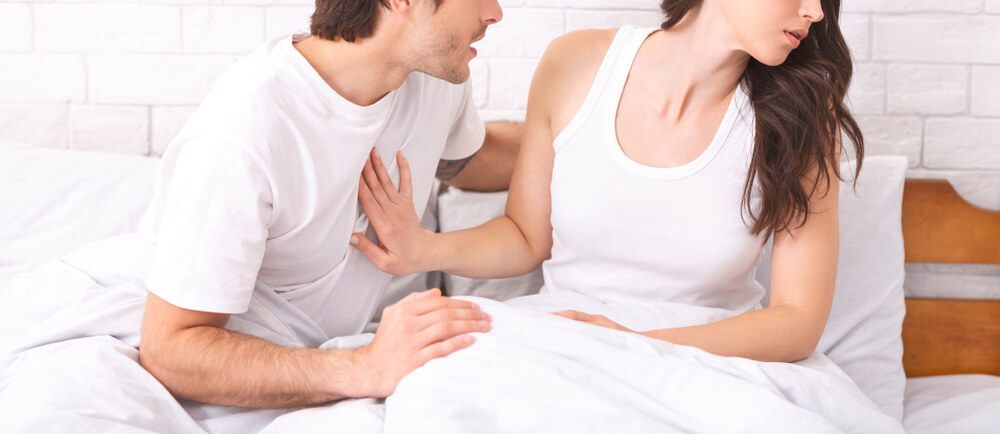
The most common causes of sexual dysfunction in women are connected to big hormonal changes, such as childbirth and entering menopause. Aside from that, serious illnesses such as cardiovascular diseases, diabetes, and cancer could also contribute to female sexual arousal disorder.
That said, sexual dysfunction in women could happen due to:
- Physical reasons, such as mentioned illnesses as well as bladder issues, multiple sclerosis, kidney failure, etc. Taking certain meds could also affect sexual arousal and desire, such as chemotherapy drugs, antidepressants, antihistamines, and so on.
- Hormonal reasons where a drop in estrogen levels causes decreased pelvic blood flow, consequently making the genital area less sensitive to stimulation. Changes such as menopause and childbirth could also contribute to vaginal dryness and thinner lining, thus affecting the desire to engage in sexual intercourse and sometimes even causing pain during.
- Social and psychological reasons where unmanaged stress, trauma, anxiety, and depression can ultimately lower or completely diminish a woman’s desire to have sex. Constantly getting into conflict with your partner, body image issues, as well as cultural background can all be contributing factors to female sexual dysfunction.
Potential Risk Factors
An impotent woman might also deal with certain situations that have increased the risk of sexual disorder in the first place:
- A history of sexual abuse
- Anxiety and/or depression
- Emotional and mental stress
- Blood vessel and heart disease
- Gynecological issues such as infections and vulvovaginal atrophy
- Neurological issues such as spine injuries
- Certain meds such as high blood pressure drugs or antidepressants
Treatment Options for Sexual Arousal Disorder
Obviously, being an impotent woman is not the end of the world. If you don’t feel bothered by this at all, there’s no need to seek treatment either. However, if you are affected by this issue, you will have to discuss it thoroughly and openly with your doctor. As mentioned, sexual dysfunction in women is often caused by a combination of different factors, which means that the treatment will have to be tailored as well. Essentially, treatment options can be categorized into nonmedical and medical.
Nonmedical Treatments for Female Sexual Dysfunction
If they conclude that your sexual disorder can potentially be resolved without medical treatment, your doctor is likely to suggest the following practices:
- Open communication with your partner where both of you have to put in the effort to talk and listen to one another
- Adopting healthy life habits where you’ll need to up your physical activity, limit alcohol consumption, and engage in some kind of stress management
- Going to therapy with a licensed counselor who can help you uncover the root of your intimacy issues and show you the way to fix them
- Using a vaginal lubricant in case the biggest issue stems from vaginal dryness and painful intercourse
- Using a stimulating device such as a vibrator
Medical Treatments for Female Sexual Dysfunction
In the case where an impotent woman is actively dealing with some other medical condition or hormonal disbalance, the doctor might introduce medical treatment options, such as:
- Localized estrogen therapy that’s meant to better the vaginal elasticity and tone as well as boost the blood flow in the vagina
- Ospemifene medication used to treat vulvovaginal atrophy by minimizing pain during intercourse
- Androgen therapy that is supposed to up the levels of testosterone hormone in women in order to promote a healthy sexual function
- Flibanserin is an FDA-approved drug for treating sexual dysfunction in premenopausal women, originally created as an antidepressant
- Bremelanotide is also approved by the FDA and is used to treat sexual dysfunction in premenopausal women, but it’s administered as an injection before the sexual activity
Lifestyle and Home Remedies

Healthy lifestyle habits can also make a difference when there’s an issue with sexual arousal. Most importantly, it’s crucial to accept your sexuality and body, but the following practices could definitely help:
- Minimize the consumption of alcohol
- Do your best to quit smoking
- Increase the level of physical activity
- Take time to relax and destress, and enjoy some leisurely activities
Certain “alternative” therapies could also show significant improvement in female sexual desire. That said, consider the following:
- Practice mindfulness where you’ll take the time to meditate and improve your own awareness of living in the present
- Try acupuncture as the practice could affect your libido and vaginal lubrication positively, especially if you have to take antidepressants
- Take up yoga, where the movements and controlled breathing will help you calm your mind and increase body flexibility
Certain topical oils and herbal supplements that are supposed to promote sexual pleasure and libido are also available on the market. Still, when such products are concerned, the studies are very limited. This is why it’s crucial to discuss these with your doctor before actually taking them on your own.
If you find that you’re experiencing issues with sexual arousal and wish to change this, don’t hesitate to make an appointment with your doctor. Prepare yourself to be open and honest with both your doctor and potential romantic partner about this. There’s no need to feel embarrassed since many women deal with this type of disorder at some point due to many different factors, as mentioned previously. You can always count on the best gynecology specialist in Margate, Florida. if you’re still looking for a trustworthy and experienced professional. Whatever your gynecological concern or need may be, don’t hesitate to reach out to us at Fern TaiSenChoy-Bent M.D., LLC, a board-certified obstetrician/gynecologist service committed to personalized quality care.


